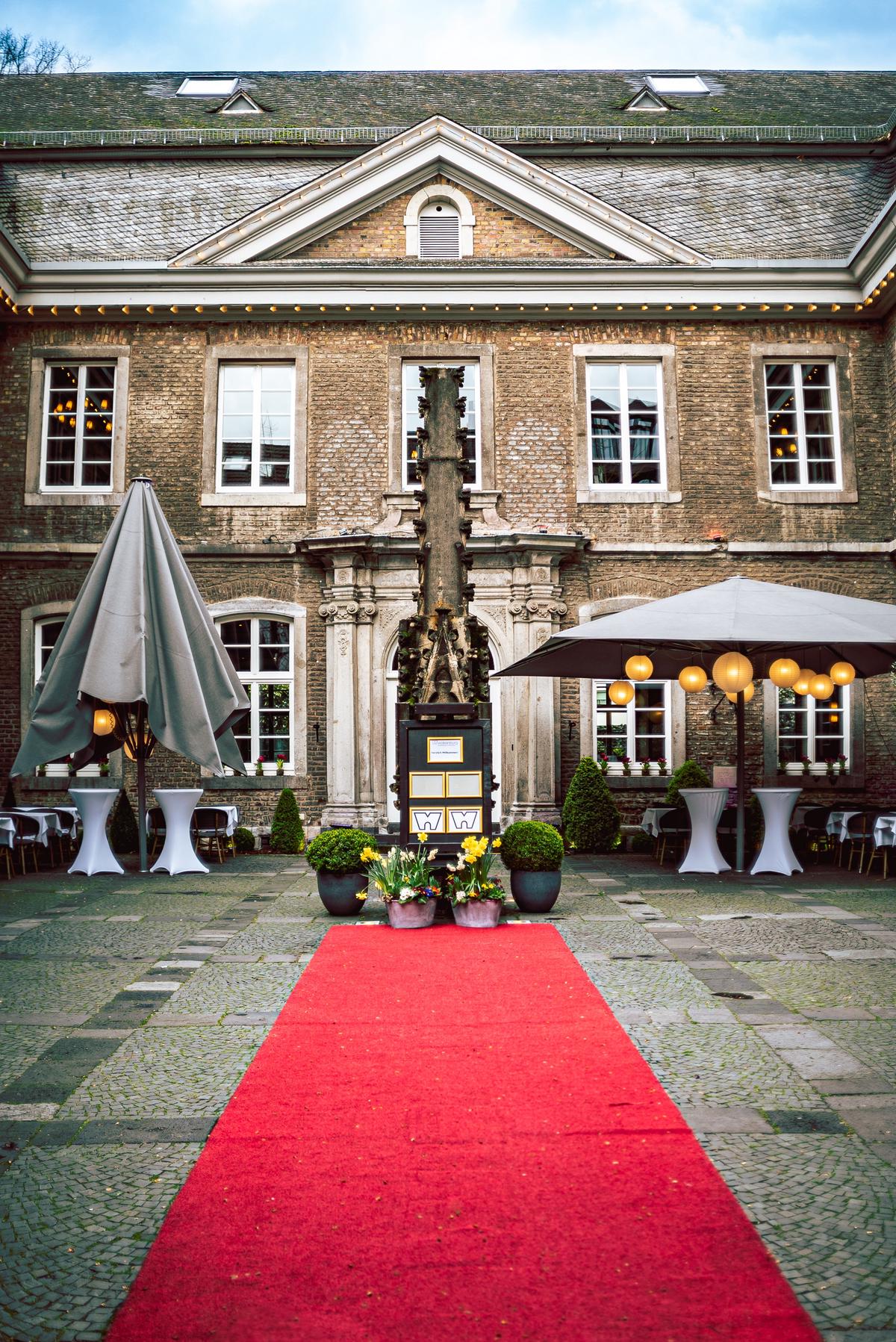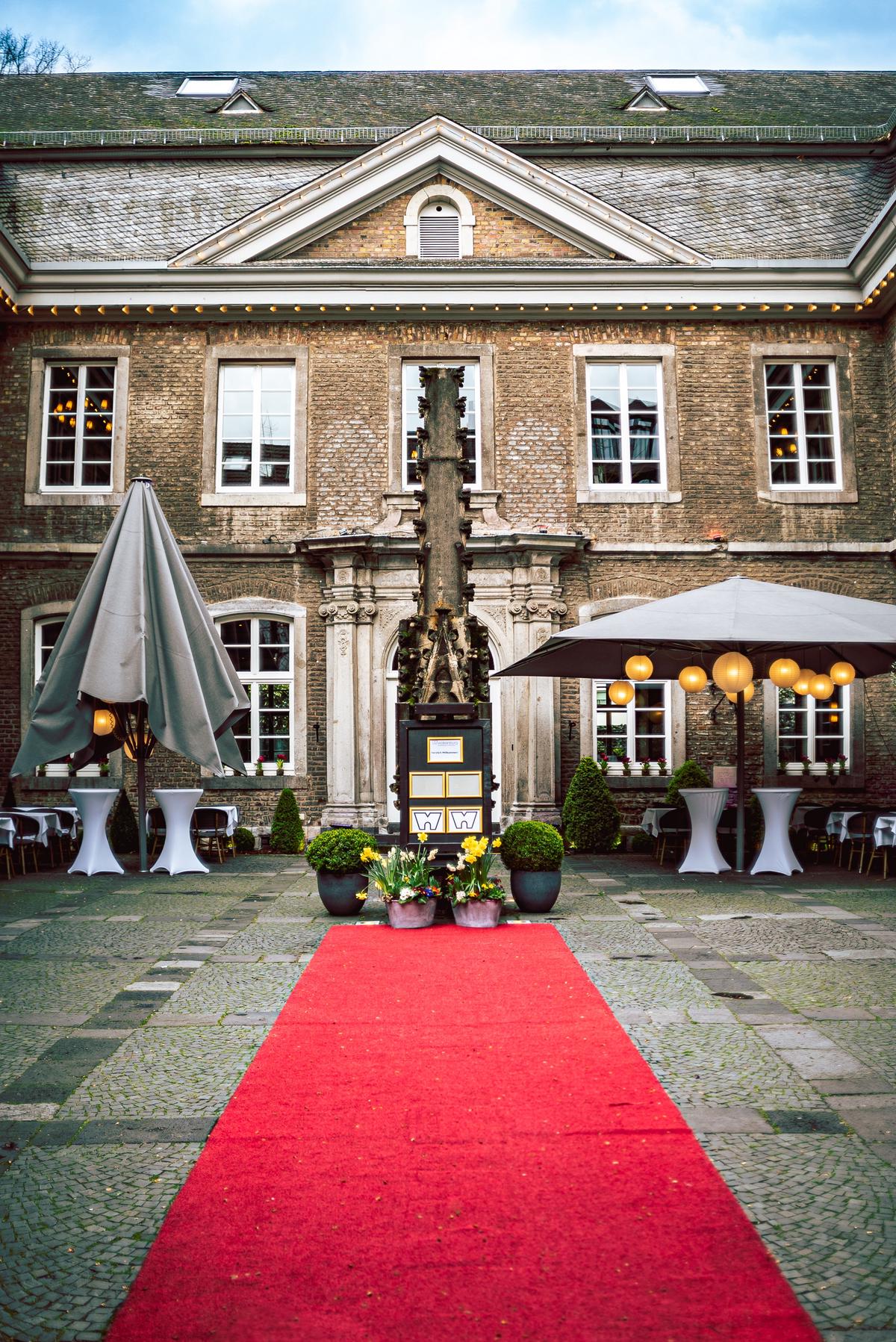Ultimate Guide to Celebrity Award Shows
Celebrity award shows have long been a significant aspect of the entertainment industry, capturing the attention of millions of viewers across the globe. Serving as a platform for recognizing the artistic achievements and contributions of actors, musicians, directors, and writers, these events have become an integral part of our cultural landscape. As they continue to captivate and enthral audiences, this fascinating world warrants a closer look at its history, major players, controversies, fashion, and the impact of modern technology on its perception and dissemination.
History of Celebrity Award Shows
The origin of celebrity award shows can be traced back to the early 20th century, when the entertainment industry realized the value of recognizing and promoting exceptional talent in various artistic fields. The first-ever recorded award ceremony was the Oscars, which was introduced by the Academy of Motion Picture Arts and Sciences in 1929. Honoring achievements in the film industry, the now-iconic golden statuette has become a symbol of excellence and a career-defining moment for its recipients.
Over the years, several other prestigious award shows have emerged to recognize talent across the spectrum of the arts, including the Grammy Awards for music, the Emmy Awards for television, and the Tony Awards for theatre.
As the entertainment industry expanded and diversified, so did the range of award shows. The Golden Globe Awards, initiated in 1944 by the Hollywood Foreign Press Association, honor both film and television performances, bridging the gap between the Oscars and the Emmys. Another milestone in the evolution of award shows was the creation of genre-specific ceremonies such as the Country Music Association Awards and the MTV Video Music Awards. These niche events cater to vast, passionate fan bases, celebrating artistic achievements within their respective fields and solidifying the impact of such recognition on the entertainment landscape.
The cultural significance of celebrity award shows has evolved immensely over time. Originally intended as a means to acknowledge artistic achievements, the events have become global spectacles, which influence not only the recipients’ careers but also consumer behavior. Awards hold significant sway over public opinion, with nominated films, television shows, albums, and performances enjoying increased sales, viewership, or critical attention. Moreover, award shows have also become avenues for social and political commentary, with honorees often using their platform to raise awareness about pressing issues or advocate for change.
In recent years, technology has played a significant role in transforming how celebrity award shows are consumed by the general public and how they engage with viewers. Social media platforms like Twitter and Instagram have taken center stage, allowing instant and far-reaching conversations about red carpet fashion, memorable moments, and event outcomes. Similarly, the rise of streaming services has enabled award shows to reach a global audience, turning them into truly inclusive experiences that permeate various cultures and communities.
The influence of celebrity award shows on the entertainment industry remains strong, despite the numerous transformations they have gone through over time. The continued growth of categories, introduction of new ceremonies, and increased global fan engagement all highlight the enduring appeal and impact of these events. Combining celebrations of artistic excellence with the glamour, excitement, and power of the entertainment world, it’s clear that celebrity award shows will keep captivating audiences for the foreseeable future.

Major Award Shows and Their Significance
Each year, the entertainment industry puts on a variety of high-profile award shows, recognizing the most exceptional achievements in film, television, and music. Going beyond merely celebrating artistry, these events also play a crucial role in promoting the industry and shaping trends and careers across the board. Some of the most distinguished and renowned award shows include the Oscars, Emmys, and Grammys.
The Academy Awards
popularly known as the Oscars, is an annual event presented by the Academy of Motion Picture Arts and Sciences. The Oscars recognize outstanding achievements in the film industry and are widely considered the highest honor a film professional can receive. The winners are chosen by the Academy’s voting membership, comprising of over 9,000 professionals working in various areas of the film industry. The Oscars have a significant impact on the careers of its nominees and winners. An Oscar win can propel an actor or filmmaker to global attention and prestige, as well as lead to increased box office sales and demand for their films.
The Primetime Emmy Awards
simply known as the Emmys, is another major annual event, honoring the best in television programming. The Emmy Awards are presented by the Academy of Television Arts & Sciences, and the winners are voted on by the Academy’s nearly 20,000 members. Like the Oscars, an Emmy win can boost a television show’s ratings, elevate an actor’s career, and validate the creative work behind the scenes. The Emmys have evolved to recognize the extensive changes in the television landscape over the years, with recent years seeing numerous streaming shows winning awards alongside traditional broadcast and cable programs.
The Grammy Awards
often referred to as the Grammys, is the recording industry’s most prestigious annual award show. Presented by the Recording Academy, the Grammys honor outstanding achievements in the music field, with awards being presented across various genres and categories. Winning a Grammy can significantly impact a musician or songwriter’s career, providing exposure, credibility, and lucrative opportunities. The Grammys have also been known for memorable performances and collaborations that showcase the exceptional talents of participating artists.
From influencing popular culture and industry trends to showcasing celebrity fashion, award shows play an essential role in the entertainment world. The red carpet fashion worn by celebrities often sets trends and offers inspiration for designers and consumers alike, while the shows themselves help establish new industry benchmarks that shape future projects in film, television, and music. With their global reach and significant media coverage, these major award shows remain vital cultural touchstones, reflecting and influencing the entertainment industry and popular taste for years to come.

Award Show Controversies and Scandals
At times, award shows become infamous for certain controversies or awkward moments that capture public attention, such as the 1989 Academy Awards debacle involving Rob Lowe. Lowe performed a Robin Hood-themed faux Disney musical number as a duet with an unknown actress, Eileen Bowman, who portrayed Snow White. The performance resulted in widespread criticism and even a lawsuit from Disney. Since then, this incident has served as a cautionary example for future Academy Award ceremonies, reminding organizers to avoid overly theatrical or cringeworthy entertainment attempts that might overshadow the event’s main purpose.
Using the award show stage as a platform for political expression has often been the source of controversy. One such case is Marlon Brando’s 1973 refusal of his Best Actor Oscar for his role in “The Godfather.” Brando sent Sacheen Littlefeather, an Apache actress and activist, to the stage to collect the award on his behalf. In a speech, Littlefeather stated that Brando was rejecting the award as a protest against Hollywood’s portrayal of Native Americans in film and television. This unexpected act shook the audience and sent ripples throughout the industry, drawing both admiration and criticism.Another incident that altered the public perception of celebrity award shows took place during the 2009 MTV Video Music Awards. As Taylor Swift accepted her award for Best Female Video, rapper Kanye West infamously interrupted her, stating that Beyoncé should have won the award for her “Single Ladies” music video. The moment was a major shock to the audience and became one of the most heavily discussed scandals of the time. The resulting fallout affected both West’s and Swift’s careers, and their long-standing feud has persisted in the years since the incident.At the 2017 Oscars, we witnessed one of the most unforgettable and embarrassing moments when the award for Best Picture was mistakenly announced as being awarded to “La La Land” instead of the actual winner, “Moonlight.” Presenters Faye Dunaway and Warren Beatty had been given the wrong envelope, and the “La La Land” cast and crew were on stage giving their acceptance speeches before the mistake was revealed. This error prompted an investigation into the procedures of PricewaterhouseCoopers, the accounting firm responsible for tabulating the results and managing the envelopes, and led to heightened efforts to ensure that a blunder of such magnitude would never happen again.In 2014, Cate Blanchett’s Best Actress speech at the Oscars opened up a much-needed dialogue on gender disparity in Hollywood. Addressing her fellow actors and industry professionals, Blanchett criticized the perception that films with female leads are niche experiences and don’t perform well financially. Her words resonated with both audiences and critics, sparking a broader conversation about representation in Hollywood films. Since then, the industry has seen meaningful changes, with more films led by women and diverse casts receiving substantial opportunities and recognition.

Red Carpet Fashion and Moments
One of the key aspects of celebrity award shows that helps keep the spotlight on these important discussions is the red carpet fashion. This aspect has become nearly as significant as the award ceremonies themselves, with celebrities showcasing their unique personal style, and creating iconic, lasting moments in popular culture. These statement-making looks play a crucial role in attracting fans and audiences to follow these events, further contributing to the allure of celebrity award shows and maintaining public interest in the progress of representation in the film industry.Over the years, specific red carpet ensembles have left an indelible mark on the fashion world and pop culture. Ranging from unusual and avant-garde to glamorous and sophisticated, these iconic looks resonate with fans and generate heated discussions on the best and worst dressed of the night. For instance, Jennifer Lopez’s plunging green Versace dress at the 2000 Grammy Awards is one such look that remains etched in public memory, garnering endless praise and even inspiring the creation of Google’s image search feature. Moments like these not only influence the world of fashion but also extend their impact to the realms of popular technology and online media.Another fascinating aspect of red carpet fashion is its ability to give a voice to political and social issues. Celebrities often use their wardrobe choices to make a statement and raise awareness for causes that matter to them. For example, at the 2018 Golden Globe Awards, many attendees adorned themselves in black, as a testament to the ‘Time’s Up’ movement against sexual harassment and gender inequality in Hollywood. Moments like these exemplify how red carpet fashion extends beyond aesthetics and reflects on the significant issues of the current times.Collaborations between fashion designers and celebrities have also played a significant role in shaping red carpet fashion trends. The designers work tirelessly to create custom-made and one-of-a-kind couture ensembles for the celebrities to wear on the red carpet. These collaborations not only elevate the star’s look but also serve as an essential promotional platform for designers, with their work being showcased on a global stage. The partnership between Lady Gaga and Alexander McQueen comes to mind, particularly their collaborative outfit for the 2010 MTV Video Music Awards, which integrated meat as a fashion material, ultimately solidifying both Gaga’s penchant for the outrageous and McQueen’s innovative design aesthetic in the eyes of the public.While many red carpet looks have become iconic in their own right, certain ensembles trigger heated debates and controversies each year. From issues of cultural appropriation to body shaming and overt sexuality, these red carpet outfits stir a wide range of reactions among audiences and fashion critics alike. Such discussions, both positive and negative, form a critical part of the celebrity award show phenomenon, fueling public interest in fashion, pop culture, and the ongoing discourse on societal norms and expectations reflected by these events.

Impact of Streaming and Social Media on Award Shows
In recent years, the rise of streaming platforms and social media has significantly impacted how viewers consume and engage with celebrity award shows. Instead of gathering around television sets to watch live events, many now choose to tune in via streaming platforms such as YouTube, Hulu, or dedicated network services. These platforms offer added conveniences like pausing, rewinding, or fast-forwarding, and the ability to skip commercial breaks. This shift in consumption patterns has made it easier for viewers to enjoy award shows at their own leisure and pace, while still engaging with the fashion and cultural conversations sparked by these glamorous events.Social media has also played a key role in changing the landscape of how celebrity award shows are viewed and discussed, with networks and celebrities actively embracing platforms such as Twitter and Instagram to promote and share moments from the events. Live-tweeting has become a popular way for viewers and celebrities to share their perspectives and reactions in real-time, often igniting lively conversations and debates around the nominees, winners, and controversial moments. This level of instant engagement creates an interactive experience, where fans feel more connected to the event, and celebrities can personally express their gratitude and excitement for their wins or nominations.Online fan communities have also become an important factor in shaping the narrative around celebrity award shows. With platforms like Reddit, Tumblr, and fan forums, enthusiasts have a space to share their thoughts, predictions, and insights with like-minded individuals. These communities also provide a space for fans to rally behind their favorite celebrities, movies, or TV shows, often leading to campaigns and online voting that can influence the outcome of these award shows. In some cases, online fan communities have been successful in generating enough buzz and support for their favorites, leading to surprise wins or nominations that might have been overlooked otherwise.The collective voice of social media and online fan communities has also had a transformative impact on the way award shows are covered by the media. Journalists are no longer the only ones providing commentary and analysis, as fans and influencers have joined the conversation, turning it into a more democratic and diverse space. This has led to a more inclusive and representative selection of nominees and winners, addressing concerns of diversity, representation, and social issues on a larger scale within the industry.In conclusion, the impact of streaming and social media on celebrity award shows has created a more engaging and inclusive environment for viewers, as well as the celebrities and creators involved. Live-tweeting, online fan communities, and a stronger emphasis on representation and diversity have contributed to this shift in the landscape. As technology and social media continue to evolve, so will the way we consume and interact with these iconic events, shaping the future of award shows and their coverage for years to come.

Given the rich history and evolving nature of celebrity award shows, it becomes clear that these events have woven themselves into the very fabric of the entertainment world. From the early ceremonies to the present-day extravaganzas, award shows have been a testament to the incredible talent, creativity, and passion that drive this industry. As the landscape continues to shift with the influence of streaming platforms and social media, celebrity award shows will undoubtedly adapt, while still serving as a dazzling celebration of artistry and achievement for generations to come.
